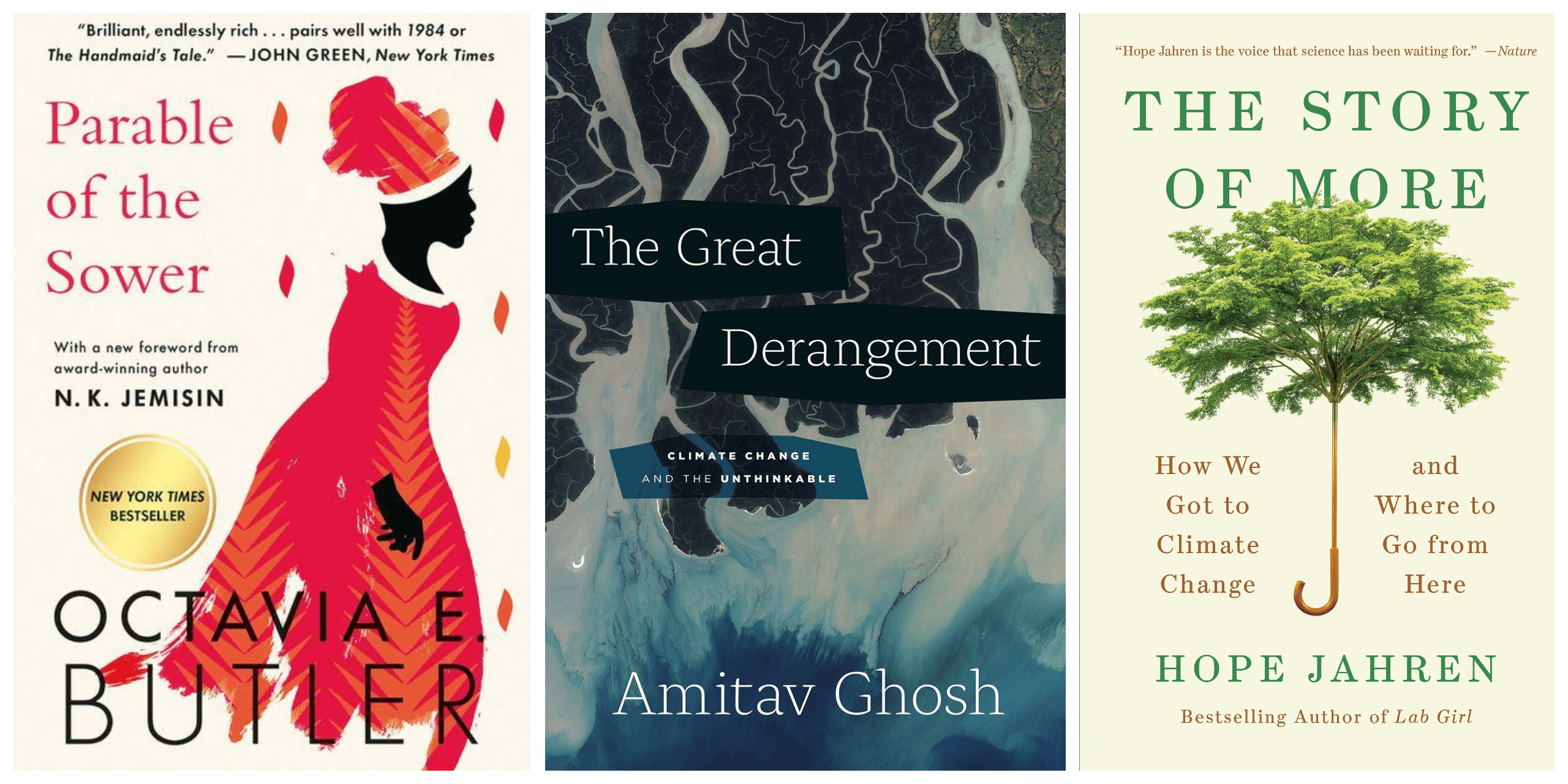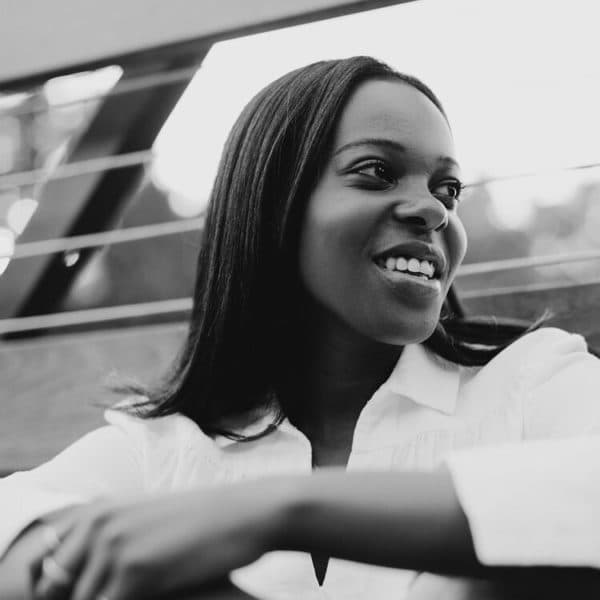Advertisement
The WBUR Read-In: Our changing climate

In Vietnam, on June 11, 1963, Buddhist monk Thích Quảng Đức sat down in the middle of the street and burned himself to death in protest of religious oppression. In the following weeks, more Buddhist monks followed suit. By then, the Vietnam War was underway, and the nation was filled with international press who introduced the practice of self-immolation, often called the ultimate symbol of protest, to the rest of the world. Last Friday, the demonstration that was globalized in the 1960s happened again. This time on the steps of the Supreme Court. Wynn Bruce, a climate activist from Colorado, set himself alight on Earth Day to protest climate change. He succumbed to his injuries, leaving a resounding message in his wake. It’s one we have heard before and will likely continue to hear for years to come. Climate change is coming, in fact, it’s already here.
It’s clear we have a lot to lose, and it can feel crushing as an individual. But people are trying. Last week, WBUR announced a special newsletter, “Cooked,” helping New Englanders live greener by eating more sustainably. Mass. voters are also weighing climate change at the ballot box this fall in voting for a new governor, with 47% of residents listing it as a high priority for state government. (The gubernatorial candidates will discuss environmental issues impacting the commonwealth in a forum hosted by WBUR and the Environmental League of Massachusetts on April 27; virtual tickets are available here.)
I’ve struggled with situating myself into the climate crisis in recent years. How can I do more? Why is it so hard to do more? Where do I even start? A book that has helped me wrap my mind around this colossal problem is “The Story of More” by Hope Jahren. Maybe it will be enlightening to you too. Recommendations for Jahren’s book and more are below.
'The Story of More'
By Hope Jahren
Jahren starts “The Story of More” by inviting readers to hear her out. “If you’ll listen, I’ll tell you what happened to my world, to your world—to our world. It changed.” Coupling anecdote and data, this read, while non-fiction, is a page-turner. It’s not stuffy or pushy, and Jahren lays out the science behind how we got here with a personal touch. It’s accessible and a great place to start if you’re looking to deepen your understanding of your role in the climate crisis. The central idea of the award-winning geobiologist’s book is that the institutions that hold the power will not change if we are not willing to change ourselves.
'The Great Derangement'
By Amitav Ghosh
I live in an urban city center, and the only natural life I really experience is in curated city parks. Of course, I am thankful for those spaces, but the effects of climate change are indeed less obvious here than in places that are more exposed to the elements. However, with such an existential threat looming on the horizon, one would think that it would take up more space in popular culture. In other words, even if the threat is not in front of my face every day (yet), the idea of it should be inescapable because of art, literature, and social sciences. This dilemma is a part of what Ghosh calls the titular “Great Derangement.” In this book, the author unpacks climate change’s lack of presence in literary fiction, and his argument can be extended to more generally popular media, discourse, and governing bodies. Ghosh ties in histories of colonialism and capitalism to form a thorough critique of the current ways that we are attempting to solve the crisis. “...climate change is not a danger in itself; it is envisaged rather as a ‘threat multiplier’ that will deepen already existing divisions…,” he explains. This book is a dense, active read, but it is not to be missed.
'Parable of the Sower'
By Octavia E. Butler
Although Octavia E. Butler’s “Parable of the Sower” was published almost 30 years ago, it has remained as relevant as ever. The novel takes place in California in the year 2025, as the world falls apart due to water shortages, disease and war. In it, we follow 18-year-old Lauren as she treks north to safety. Perhaps what is most reminiscent of reality are the multiple threads of social decay woven throughout—harkening to themes seen in Ghosh’s nonfiction book. It’s a grim but farsighted example of the power of fiction.
